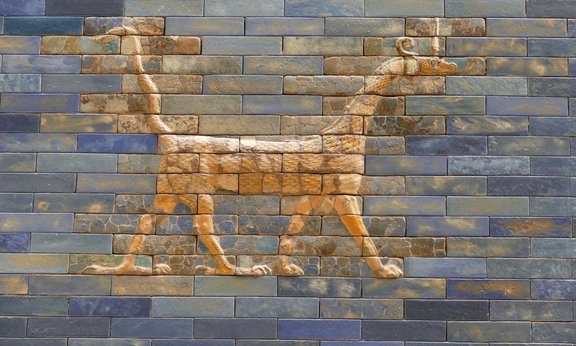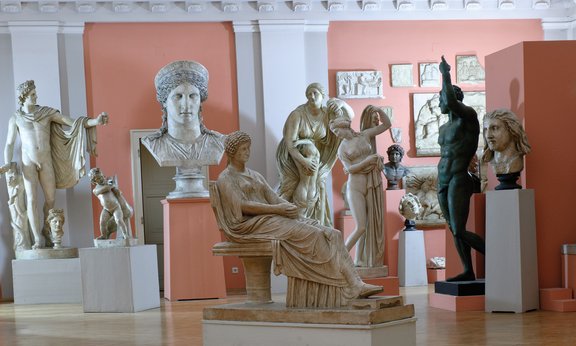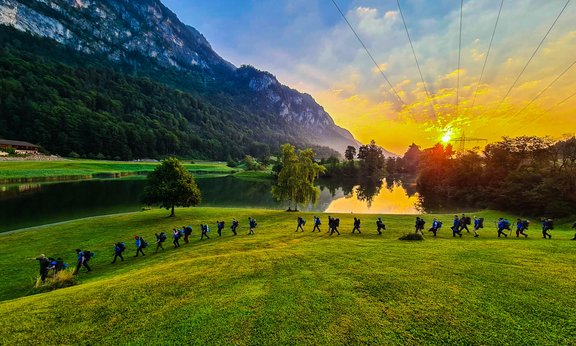Master’s Programme European Ethnology
Do you want to understand how historical dimensions shape our present and influence popular identities?
The students of this Master’s degree programme gain competencies in the cultural analysis of life styles, every day life practices and complex socio-cultural processes.
They also learn to understand the historical dimensions of contemporary phenomena and discourses, to deconstruct popular identity concepts and their instrumentalisation in media and politics and to present academic findings to the broader public.
Please note: the language of instruction for this programme is German.
Study Code
UC 066 823
FAQ
Graduates possess highly specialised knowledge in the fields of cultural studies and their methods. They are able to apply their knowledge in the field of cultural studies and at the intersections of cultural and social science occupational fields by independently formulate and substantiate scientific arguments and to find innovative solutions to problems.
The Master's Programme European Ethnology serves as education and consolidation in the discipline of European Cultural Anthropology and preparation for work with a focus on cultural sciences after other bachelor's programmes in the fields of humanities or social sciences.
The Master’s Programme European Ethnology provides the following general skills: a systematic approach to complex tasks; experienced scientific research; a creative approach to and critical handling of different and new kinds of sources (empirical and historical work). Moreover, students learn to present and explain elaborated findings autonomously, get acquainted with new topics specialised and precise proficiency in written and oral form, get knowledge in terms of elaborating different types of scientific texts.
Subject-specific skills include comprehensive knowledge of the discipline's history and the development of European Ethnology/Folklore/Cultural Anthropology; reflexivity in terms of the methodology of exploring one’s own culture; sensitisation for cultural contacts, cultural conflicts and cultural transfer; advanced knowledge if cultural processes and the impact of globalisation and Europeanization, pluralisation and modernisation.
The objective of the master’s programme is to prepare graduates for a wide range of occupational and vocational fields. They include:
- scientific discipline
- cultural adult and advanced education
- documentation, museums, exhibitions
- libraries
- public relations
- cultural journalism and publishing
- cultural tourism
- cultural politics and administration, e.g. in public service, non-governmental as well as international cultural organizations and institutions
- (in combination with post-graduate preparatory training:) mediation, intercultural social work and cultural management
Graduates tracking: Shows which occupational fields students enter after graduation
Faculty of Philosophy and History Examination Office Information for students with disabilities
Curriculum
From the field
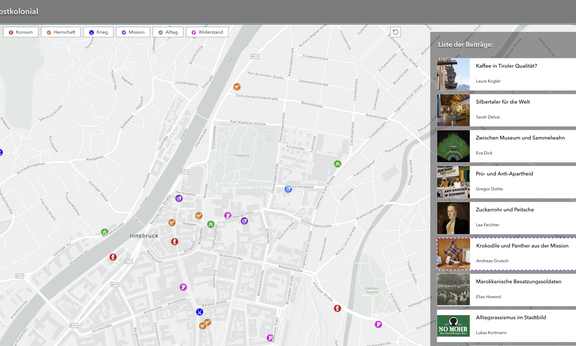
Virtueller Stadtplan zeigt Spuren, Orte und Geschichten
Studierende der Europäischen Ethnologie und der Zeitgeschichte haben gemeinsam 29 Stationen eines virtuellen Stadtplans für Innsbruck ausgearbeitet. Innsbruck postkolonial – ein Kooperationsprojekt von Universität und Stadt Innsbruck – zeigt Spuren, Orte und Geschichten von Ungleichheiten, Rassismus und Widerstand bis in die Gegenwart.

Der Wolf ist da
Wie Wölfe die Alpen in Bewegung bringen, darüber diskutierten Elisa Frank und Nikolaus Heinzer von der Universität Zürich am 20. November in Innsbruck mit Kolleg:innen und der Öffentlichkeit. Sie waren auf Einladung des Forschungsschwerpunkts „Kulturelle Begegnungen – Kulturelle Konflikte“ nach Innsbruck gekommen.
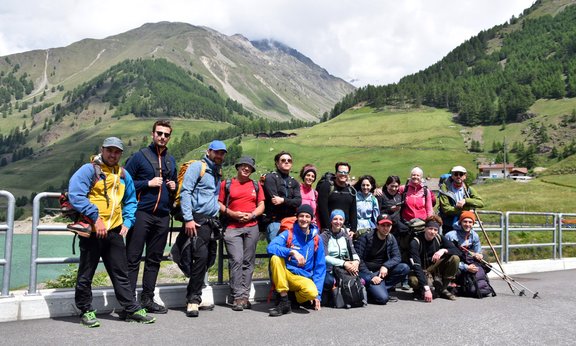
Unterwegs im Ötztaler Gebirgsraum
Vom 27. Juni bis 2. Juli 2021 fand erstmals eine von der Leopold-Franzens-Universität und der Hebrew-University of Jerusalem gemeinsam konzipierte Exkursion in Tirol statt. Die Basis dafür bildete die seit einigen Jahren bestehende enge Partnerschaft beider Hochschulen, sie wird über das Austrian Israel Academic Network Innsbruck (AIANI, Dr. Marion Wieser) federführend betrieben.
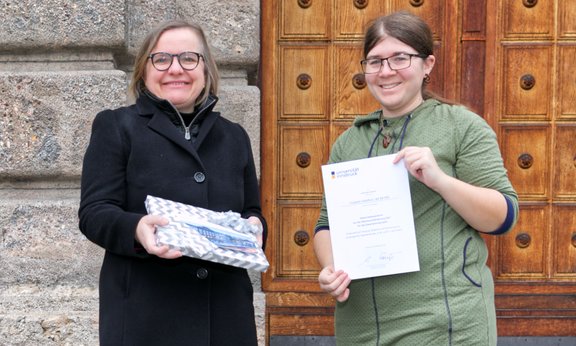
1000. Doktoratsstipendium verliehen
Die Archäologin und Ethnologin Elisabeth Waldhart erhält das tausendste Doktoratsstipendium an der Universität Innsbruck. Mit dem Nachwuchsförderprogramm werden seit über 15 Jahren hoch qualifizierte Studierende aus den unterschiedlichsten Fachdisziplinen finanziell unterstützt. Jedes Jahr schließen über 300 Studierende ein Doktoratsstudium an der Universität Innsbruck ab.
Related studies

English and American Studies (Master)
Master of Arts

Educational Sciences (Master)
Master of Arts

Romance Studies (Master)
Master of Arts



